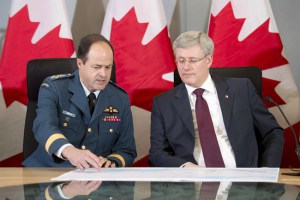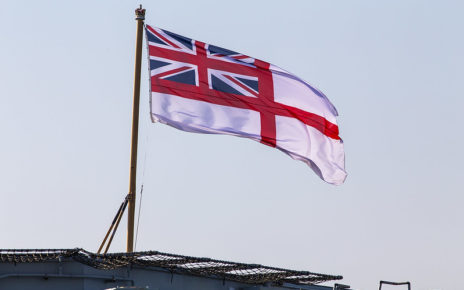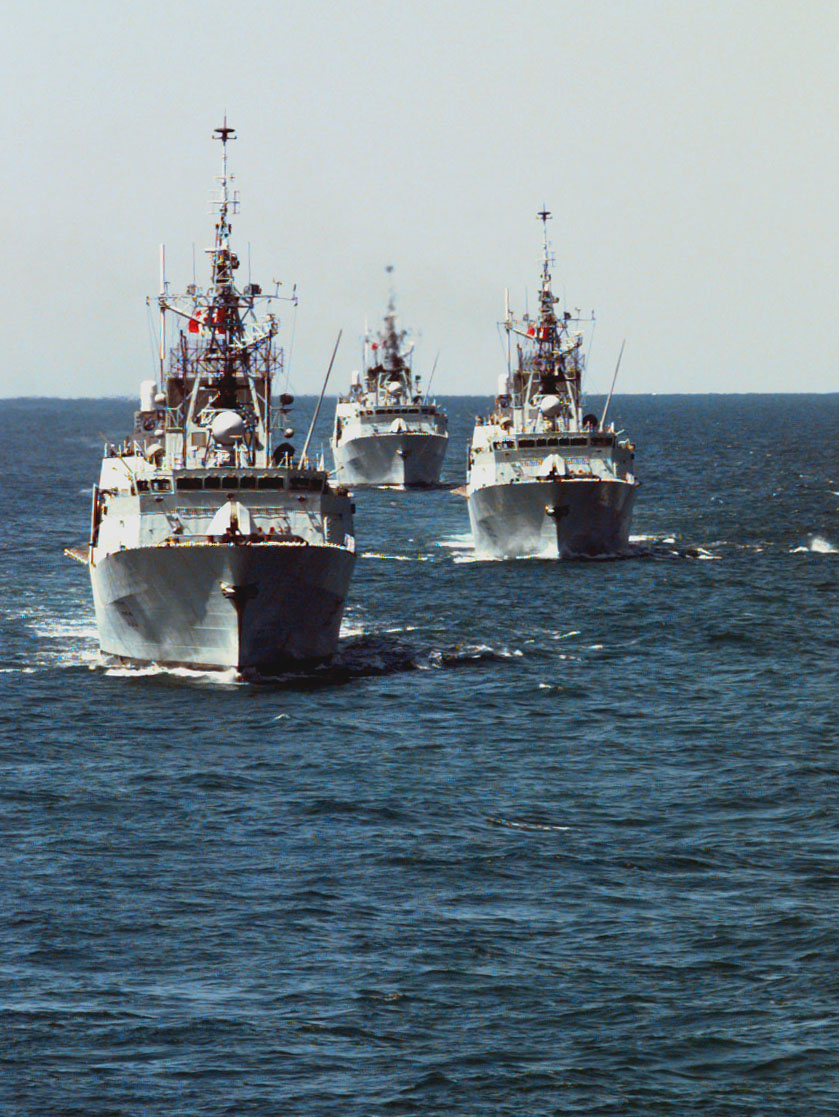Julie Lindhout, Immediate Past President, NATO Association of Canada
At the Spring Session, the various committees and sub-committees of the NATO-PA present their draft reports for discussion and also receive input from experts in the subjects of the reports. With this input, the reports are then finalized over the summer to be presented for adoption at the Fall Session of the Assembly. The final reports are sent to the Secretary General of NATO for his consideration and response, and are also distributed to all national parliaments and their members.
There were several major themes which surfaced at more than one committee. The most prominent theme initially was technological advances and cyber security. The Economics and Security Committee considered the sub-committee report, North American and European Approaches to Digital Markets and Cyber Security, and also heard two expert presentations on cyber security in the context of the digital marketplace.
The Science and Technology Committee discussed a general report, NATO in the Cyber Age: Strengthening Security and Defence, Stabilising Deterrence and its subcommittee presented a report Artificial Intelligence: Implications for NATO’s Armed Forces. Within the reports presented to the other committees, there were also references to technological developments such as robotics and artificial intelligence.
It was inevitable that during the discussions in the various committees, the issue of Huawei should come up. Although there were some dissenting opinions expressed, mostly that the US should not be allowed to dictate what should be let into the 5G networks of NATO members and partners, the overwhelming conclusion was that Huawei technology should not be used. Intervenors admitted that the product is excellent, and they would like to accept Huawei’s CEO’s assurance that he would never do anything to harm any other nation, but the fact remains that Chinese National Intelligence Law requires all Chinese companies and citizens to “support, co-operate with, and collaborate in national intelligence work.” At some point this might leave Huawei no choice but to hand over data to the Chinese government.
Another topic that crossed several committees was NATO-Russia relations. In the Defence and Security Studies Committee, the general report, A New Era for Nuclear Deterrence? Modernisation, Arms Control, and Allied Nuclear Forces presented by Canada’s Senator Joseph Day considered the build-up of Russia’s nuclear arms. The report by Canada’s Leona Alleslev (who was not there to present it in person) for the Science and Technology Committee, NATO Anti-Submarine Warfare: Rebuilding Capability, Preparing for the Future also looked at the build-up of Russia’s capability in that area.
Senator Raynell Andreychuk presented her report NATO-Russia Relations – a Snapshot to the Political Committee. This was her last presentation as she “graduates” from the Senate of Canada this summer. The Committee Chair, Lord Campbell of Pittenween (UK), thanked her for her many years of dedication to the NATO-PA and especially the Political Committee.
The Economics and Security Committee also considered an interesting report on Economic Sanctions as a Tool of Foreign Policy. Obviously, Russian behaviour figured prominently in this report. The report concluded that general sanctions on a country may work especially to raise international attention, but targeted sanctions on individual leaders are more effective. In this connection, when Canada’s Senator
Jane Cordy presented her report on Ukraine: Five Years After the Revolution of Dignity to the Committee on the Civil Dimension of Security (CDS), several intervenors strongly urged countries which have not yet passed a version of a Magnitsky Act to do so and to follow up the legislation as soon as possible with direct sanctions on individuals.
The CDS devoted a considerable portion of its agenda to the ongoing conflict in Ukraine. A number of intervenors expressed concerns that the conflict appears to be resting on the backburner of media attention and that the general population appears to accept Russia’s annexation of Crimea. However, there are still people dying and being injured every day in violations of the ceasefire, and Russia’s capture of a Ukrainian naval vessel in the Sea of Azov and blockading of the Kerch Strait is making it very difficult for the Ukrainian government to assert its sovereignty.
As part of the panel on Ukraine, there was an interesting presentation by Jonas Ohman, a Swede resident in Lithuania, who heads an organization operating from Lithuania, NGO Blue/Yellow. In his presentation on NGO Support for the Armed Forces in Ukraine – A Counter-hybrid Solutions, he described how his organization which is entirely privately funded, searches out and provides at the request of the Ukrainian Armed Forces operating in the Donbas area, everything short of guns to help them counteract the Russian supported forces. Particularly sought after are uniforms, night vision goggles and handheld periscopes.
One expert presentation that I found particularly interesting was by Erik Jones, Director, European and Eurasian Studies, Johns Hopkins University, on The Challenge of Economic Populism. He stated that the academic definition of populism is very narrow and does not describe most of what the media calls populism, which seems to be whatever movements the media does not agree with. He prefers to describe the characteristics of populism: use of alternative media; reliance on direct democracy (referenda); positions opposite to elites; and national sovereignty as a key item. Populism can exist on the left as well as on the right, and some of the characteristics are not necessarily bad, but it can lead to economic instability. When people have the opportunity to express their concerns, they expect them to be met, which can lead to economic instability as the leaders try to manage the various expectations. He is particularly concerned about the European Union. The newly elected European Parliament is so diverse and focused on different issues, that it may be difficult to get agreement on trade policies.
On the final day of plenary sessions, Slovak leaders addressed the Assembly, and Ambassador Alejandro Alvargonzález, NATO Assistant Secretary General for Political Affairs and Security Policy was the final speaker. He reminded the Assembly that NATO originated in a period of instability, and the current situation is nothing new—not even the fact that there are disagreements among members. He believes that NATO will continue to function well. The US has increased both its presence and funding over previous years, and the countries of Europe are also increasing their military spending. He did point out that after Brexit, 80% of funding will come from non-EU sources, so it is imperative that the EU countries continue their upward trend. With that reminder, he concluded his remarks and encouraged the Parliamentarians to hold their governments accountable to meet their commitments.
Disclaimer: Any views or opinions expressed in articles are solely those of the authors and do not necessarily represent the views of the NATO Association of Canada.




